Search Images
Browse Content (p. 1067)
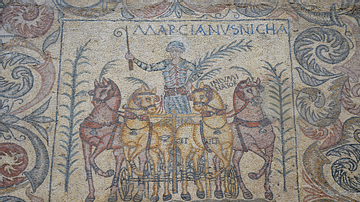
Image
Victorious Roman Charioteer
Roman mosaic depicting a victorious charioteer called Marcianus, accompanied by the wish of victory NICHA (sic). Nika is a given name of Greek origin meaning "Victory" (Latinized as Nica). Marcianus' lead horse is named as Inluminator and...
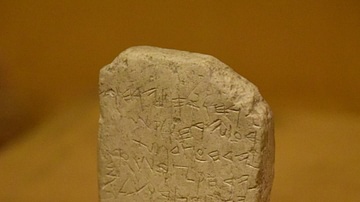
Image
The Gezer Calendar
The Gezer calendar is regarded as the oldest Hebrew inscription as yet known. The inscription is scratched on a tablet of soft, chalky limestone and its lower part is broken and lost. The oblique fracture passes as square thought to have...
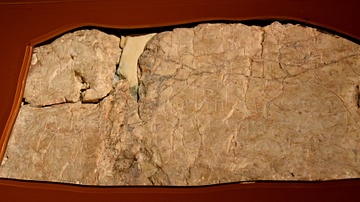
Image
The Siloam Inscription from Jerusalem
"During the reign of King Hezekiah of Juda (c. 725-697 BCE), the Assyrians completed the conquest of Israel, and the city of Juda was left as the only surviving independent state in the region. To ensure that the capital would not suffer...
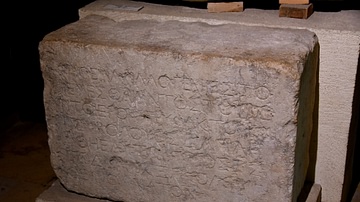
Image
Inscribed Block from the Temple of Jerusalem
This is one of two pieces of identical stones, which survived from the destruction of the Jerusalem Temple by the Roman Emperor Titus in 70 CE. It was set at the gate leading to the inner court, and the inscription reads (in Greek) "No alien...

Image
Kukii Heiau Cairn, Front View
This is a photo of a cairn (ahu) of the Kukii Heiau, an Ancient Hawaiian temple. The photo displays a frontal view of the foundations of the cairn, which was built in the 15th century CE and served as a spiritual altar.
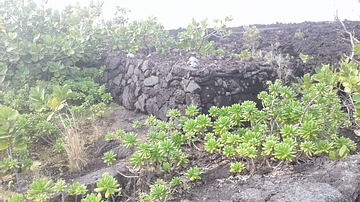
Image
Kukii Heiau Cairn, Hawaii
This is a photo of a cairn (ahu) of the Kukii Heiau, an Ancient Hawaiian temple. The photo displays a view of the foundations of the cairn, which was built in the 15th century CE and served as a spiritual altar.
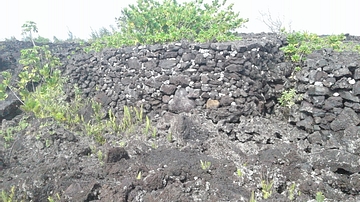
Image
Kukii Heiau Cairn, Hawaii
This is a photo of a cairn (ahu) of the Kukii Heiau, an Ancient Hawaiian temple. The photo displays a frontal view of the foundations of the cairn, which was built in the 15th century CE and served as a spiritual altar.
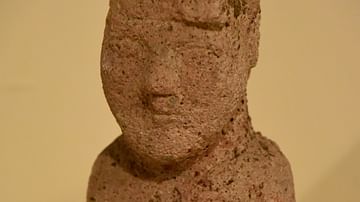
Image
Bust of Goddess Cybele from Gordium
This is a limestone bust of the goddess Cybele. 6th century BCE. From Gordium (or Gordion), the capital city of ancient Phrygia. (Museum of Archaeology, Istanbul, Turkey).
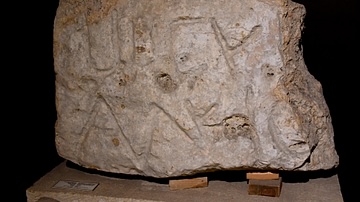
Image
Inscription Bearing the Name of Alkios
This is a fragment of a boundary description, which mentions the name of the Governor Alkios. Limestone. Roman Period, 1st century CE. From Gezer (Tell el-Jezer), in modern-day State of Israel. (Museum of Archaeology, Istanbul, Turkey).
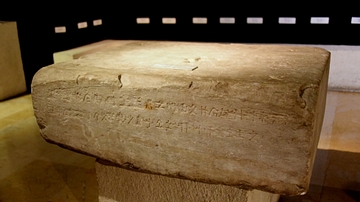
Image
Inscribed Base of a Statue from Palaepaphos
There are two lines of inscription on this marble stone, which read: "Nikokles, King of Paphos, Wanassa Priest King, Son of Timarkhos, erected for goddess". Early Hellenistic Period, end of the 4th century BCE. From Palaepaphos (Kouklia...